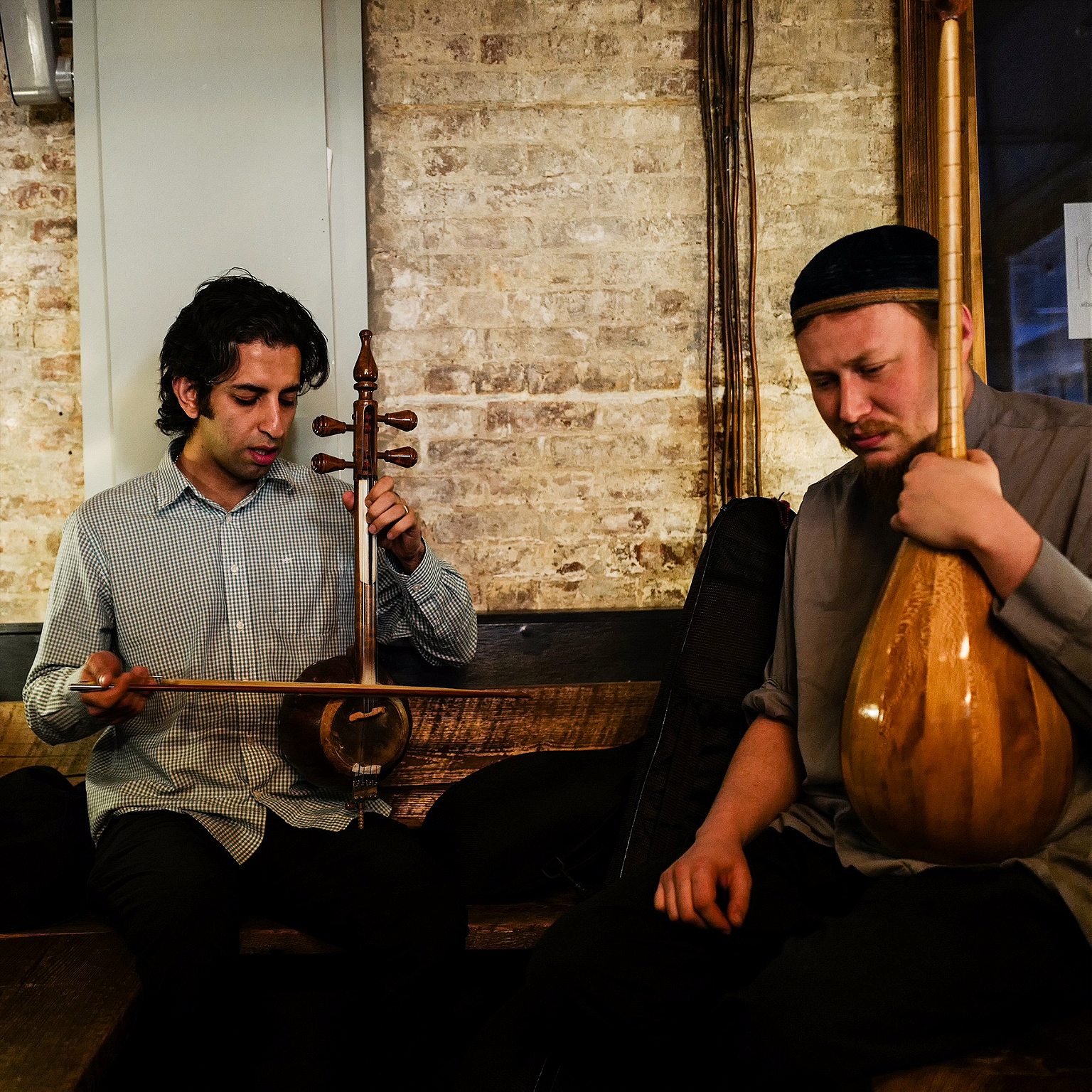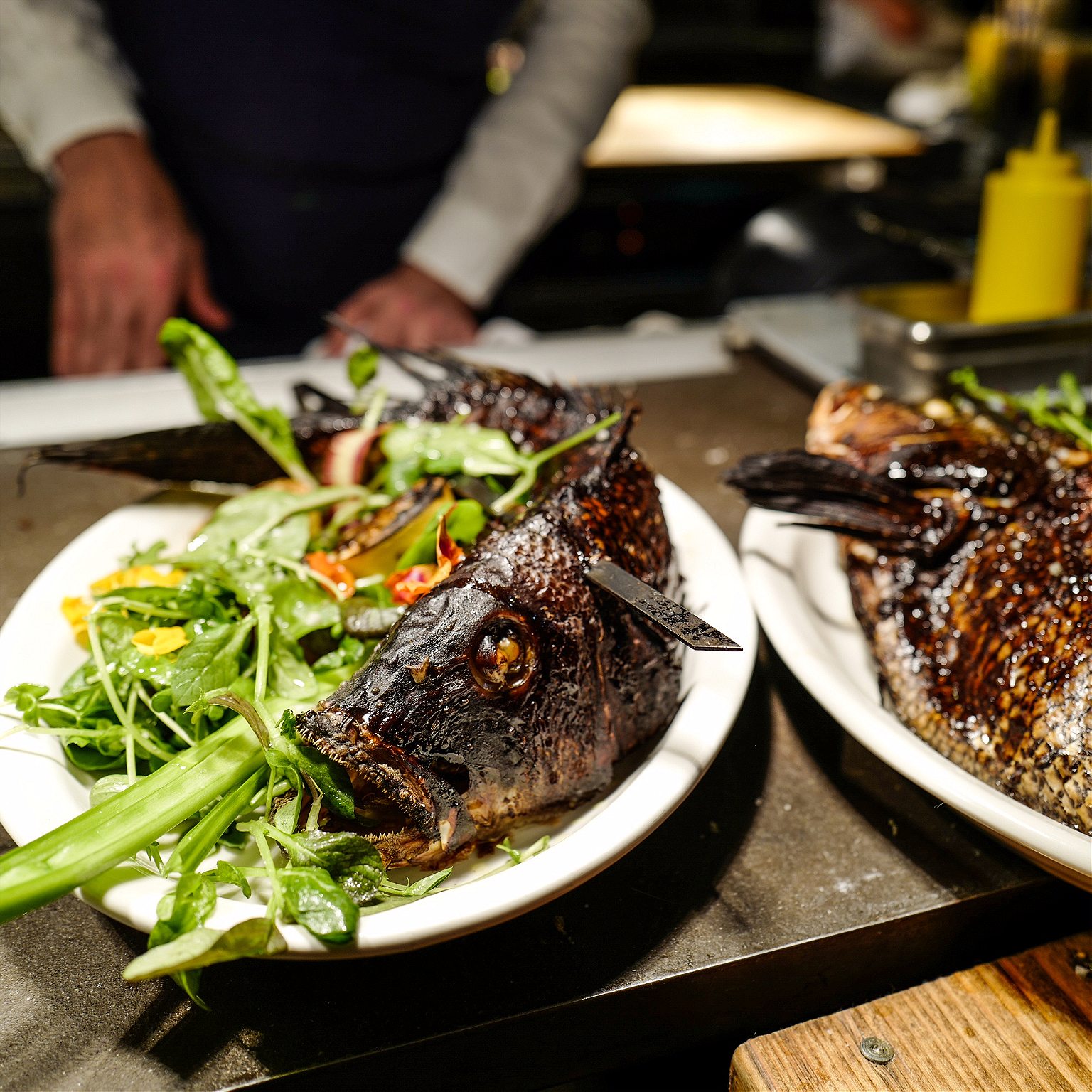Food provides a safe and neutral entry point to connect with people and countries that seem alien to us.
Like many people of Muslim descent, I felt sucker-punched when the news came in on Tuesday that the U.S. Supreme Court had upheld President Donald Trump’s travel ban from several predominantly Muslim countries. I’m half-Iranian, travel to Iran frequently, and have friends and family who will be affected by the ban. Like many in our community, I was immediately plunged into sadness and fear, worried about how this all might escalate.
There’s something deeply traumatizing about seeing people from your community—or any ethnic group—targeted by discriminatory legislation. A sinking realization that those in power think of you as “the other.” That they’ve dehumanized an entire religion so much that they see you as an enemy. The irony is not lost on us that in many of countries on the travel ban list, the U.S. has been directly or indirectly complicit in creating the very chaos that is forcing refugees and migrants to leave their homes and is now punishing them for trying to escape.
[Read: Dispatches from an anti-Trump planet]

This time last year, I traveled to San Francisco with Roads & Kingdoms co-founder Nathan Thornburgh to hold an installment of R&K’s Banned Countries Dinner Series. In the intimate courtyard of the Blue Plate restaurant in the Mission, we ate, we laughed, we raised money for a local anti-deportation group, we made new friends, and we connected with old ones. It was community solidarity, in its tastiest form.
In the midst of my despondency, I think about that night in San Francisco and the corresponding dinners in New York.
We curated bountiful, overflowing, and abundant dining tables filled with deep bowls of silky, tahini-drenched hummus, crispy skewers of barbecue whole fish, and juicy fillets of tender roasted lamb—all of which brought together writers, journalists, activists, and cooks to celebrate Iranian, Syrian and Sudanese cuisine.
It may seem trite in the face of the gravitas of the travel ban to talk about food as a force for change, but I’ve seen in my own work—sharing stories and recipes from Iran and Palestine—that food provides a safe and neutral entry point to connect with people and countries that seem alien to us.
[Read: How a tiny eatery became an unexpected oasis for Syria’s refugees]

Breaking bread is one of the oldest forms of human connection. Sitting down and sharing a meal with a person from an unfamiliar culture creates intimacy, fosters empathy and builds a bond. The ordinary act of preparing and sharing food forces us to see extraordinary situations through a different lens, breaking through narrow political stereotypes, encouraging us to ask different questions, connecting us to our hearts.
Now more than ever, in the wake of divisive rhetoric from those in power, we need to create more of these spaces where people come together to celebrate their commonality and affirm our core beliefs that humans, whatever our background and wherever we come from, have more in common than divides us.
History has taught us that unjust laws can and do get overturned with sustained citizen action. In the coming months and years, Muslim communities are going to need your support as the repercussions of the ban begin to be felt. Stay with us. Celebrate Iran, Libya, North Korea, Somalia, Syria, Venezuela, and Yemen. Honor their cultures. Support their communities. Cook their foods. After all, it’s hard to hate when there’s a plate of delicious food in front of you.